Eleasa Kim, stationed at NASA's Marshall Space Flight Center, leads the Commercial Low Earth Orbit Development Program (CLDP) payload operations at Johnson Space Center, with 18 years of mission support under her belt. Her roles have included biomedical engineer flight controller, payload safety engineer for Artemis I, planning and analysis branch operations discipline lead, and glovebox integration engineer, with each enriching her understanding of engineering, safety, and leadership.
Kim is currently working to ensure a smooth transition to commercial space operations for the science being conducted in microgravity for the benefit of humanity.
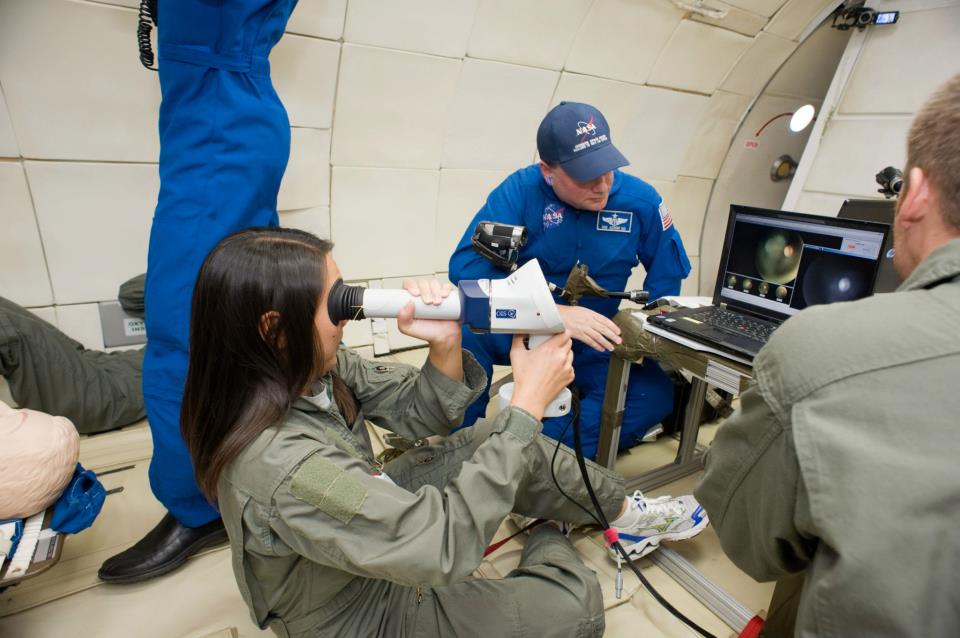
Kim evaluates plans and documentation for commercial space stations, prepares materials for research operations, and devises strategies to enhance partner success and sustain the low Earth orbit economy. "I love the trust and support we are provided to brainstorm and offer recommendations for transitioning space station operations to commercial platforms," she said.
As the lead of the Human Exploration and Development Office's (HEDO) Unity Team at Marshall, Kim is championing a culture of safety and inclusivity while leading a group of 15 people that represent every office and branch within HEDO. Kim and her team are tackling complex topics to enhance organizational culture. "We are promoting inclusion of everyone and more education and communication on topics that are not easy to talk about," she said.
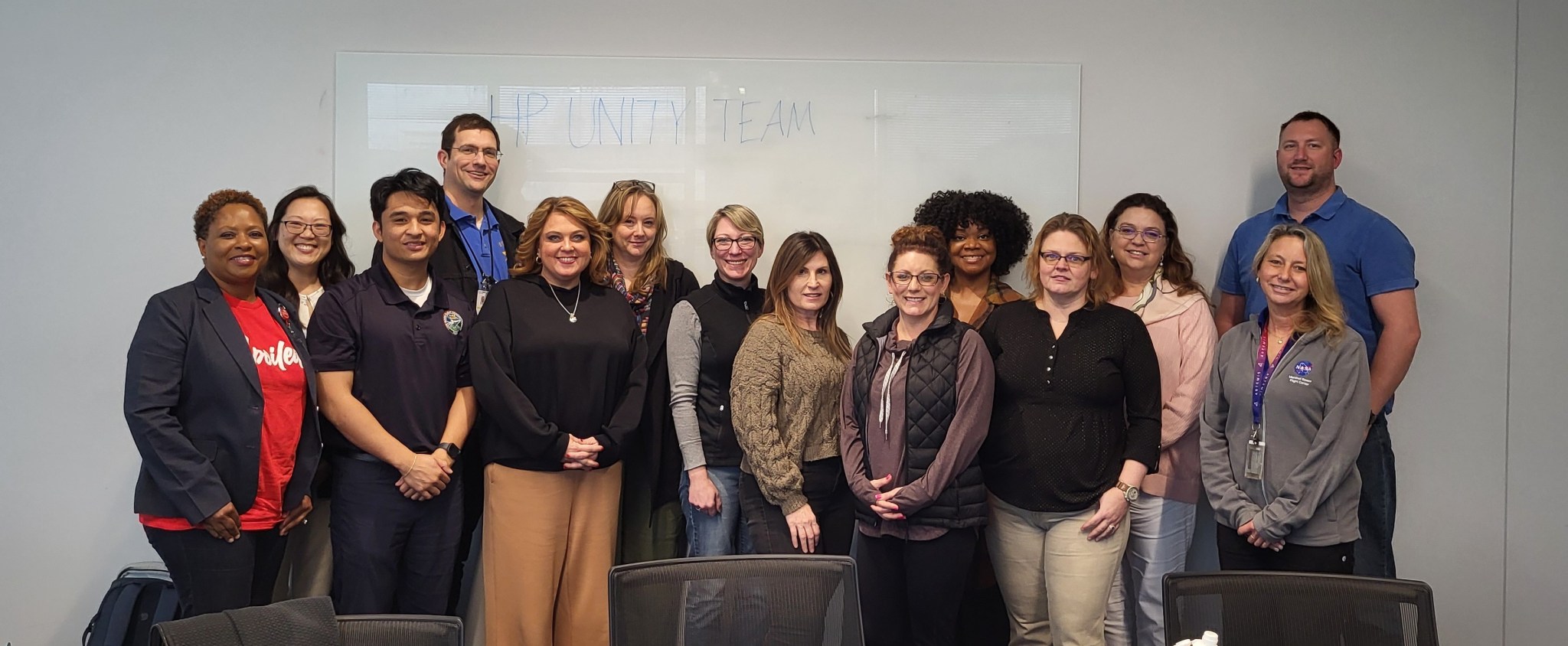
"A large part of my identity is recognizing that people come first," said Kim. "I take the opportunities to connect with and meet people where they are. I try to figure out how I can add value."
Although it is tough for her to pick her favorite project or program she has worked on at NASA, one of her most cherished experiences was during her tenure as an International Space Station biomedical engineer, where she completed a parabolic flight to test vital crew health support hardware. "My favorite part was learning what it meant to have a family at work that I trusted and could count on," she said.
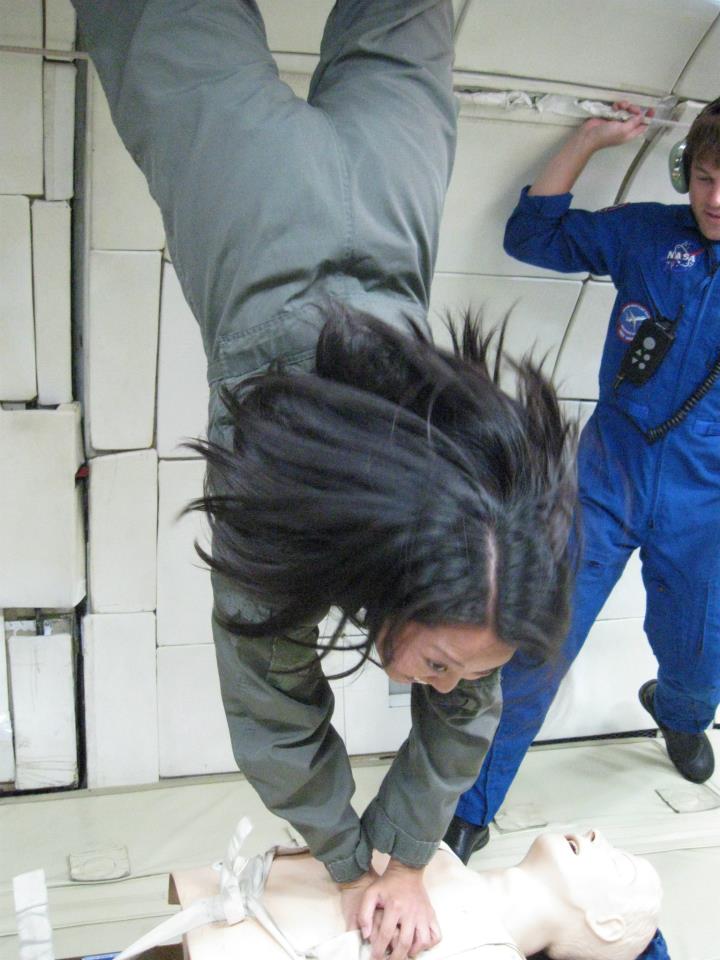
In her other previous roles, she most enjoyed learning about science experiments as a payloads planner and playing a critical role in their success. As a payload safety engineer for Artemis I, she loved being able to deep dive into complex and specific problems and learn about safety risk and probability. As the planning and analysis branch operations discipline lead at Marshall, Kim says she loved learning about analyzing performance metrics, reporting, and providing leadership to multiple teams.
Kim emphasizes the importance of staying curious and adaptable, recognizing that each role and team presents unique cultural and technical challenges. She says, "When faced with a challenge, I can overcome a lot more than I think by asking myself, 'How can I do this?'"
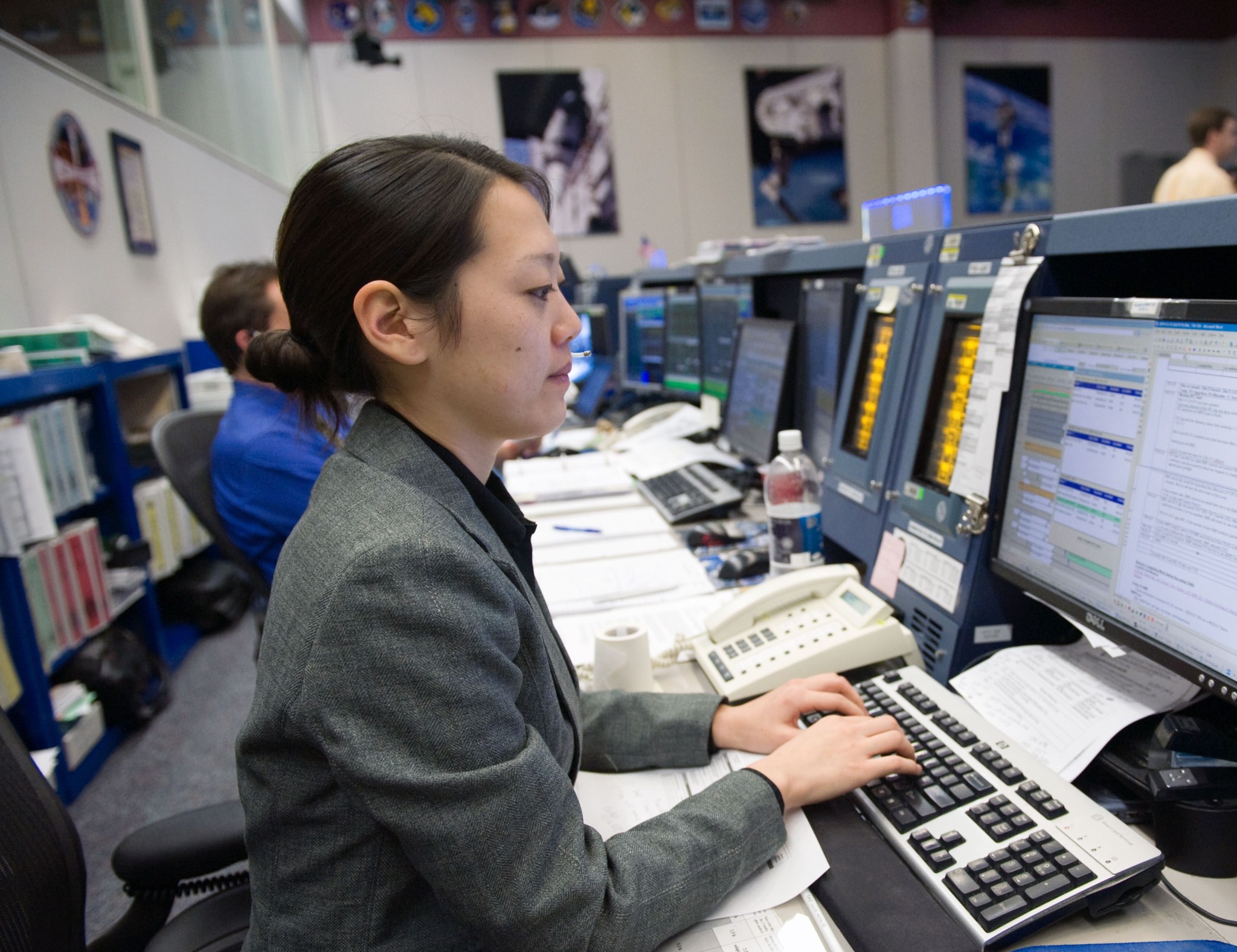
She has supported real-time mission operations, pre-mission planning, safety, engineering, and project management roles. "It takes time to get oriented each time I move into a team," she said. "While challenging, it is also very exciting and motivating for me because I'm passionate about knowing people and learning new things."
Kim believes that NASA is actively driving change, emphasizing the importance of consistent communication from every individual. This approach, reminiscent of "boots on the ground," is reshaping the agency's culture from its foundation. "We can and are changing the culture from the bottom up, and NASA is providing the enabling function of management support," she said. "We need to provide safe spaces for people to be vulnerable and help ensure everyone feels safe to contribute."
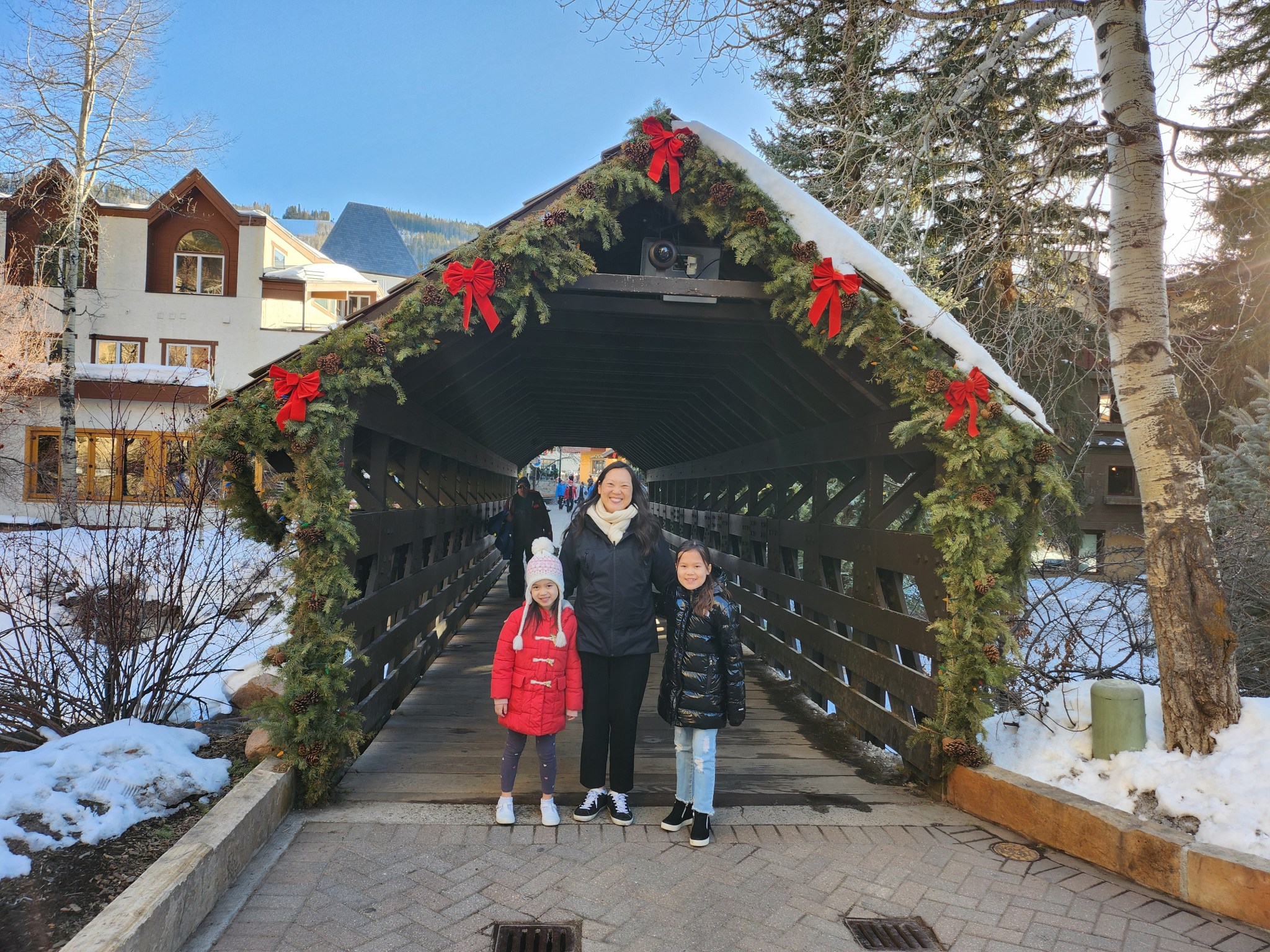
Kim's cultural heritage is rooted in South Korea, where her parents originated before emigrating to the United States. Raised in America, she has a profound appreciation for Korean culture, especially its cuisine, and enjoys cooking traditional meals and sharing them with friends and colleagues.
Kim says she is most proud of being a mother of two kind, beautiful, sharp, strong-willed, and passionate girls.
She hopes to pass on to the next generation the inspiration to do great things for all of humanity, as did those who came before us. "I am excited to see what commercial and international growth will bring in the next decade."






